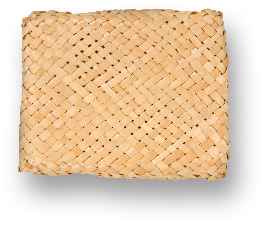Whakakore Waipiro
Alcohol
Alcohol is a significant cause of disease, disability and social harm across Aotearoa. Historically, prior to European settlers arriving on New Zealand shores, Māori did not drink alcohol and our preference was to drink wai. When Māori were introduced to alcohol by Pakeha, most were not impressed by it and called it “waipiro” (stinking water).
Māori did not develop a taste for alcohol until the 1850s. At this stage, many Māori rangatira grew concerned about the impact of alcohol on their whānau and took steps to stop its spread and use. Hapū would declare their community or marae ‘dry’ or control access to alcohol.
Unfortunately in modern society, our drinking patterns indicate that we have different attitudes to that of our tupuna. The latest New Zealand Health Survey shows that 80% of all New Zealanders consumed alcohol in the past year, with 20% of Māori adults drinking alcohol in a way that could harm themselves or others.
Drinking alcohol, no matter the amount, can have harmful effects, particularly for rangatahi and our unborn pēpi. Drinking large amounts of alcohol can result in accidental injury, violence, motor vehicle crashes, cancer, mental health problems, alcohol addiction, and other alcohol-related disorders.
Reducing the amount of alcohol whānau drink will result in a healthier hapū and better health for Aotearoa. Encouraging whānau to be more responsible with alcohol or drink less is a good choice to protect you and your whānau from the risk associated with drinking alcohol.
With the marae being the hub of hapū activity, it’s the perfect place to show that as a whānau we can enjoy and celebrate events and occasions without alcohol. Making your marae alcohol free is a powerful way to show hapū commitment to whānau health and to create a positive and safe environment for tamariki. Being alcohol free is a choice that whānau and hapū can make that supports healthy lifestyles and shows not only our tamariki, but also our wider hapū, a commitment to healthy living and upholds the traditional practices of our tupuna.


